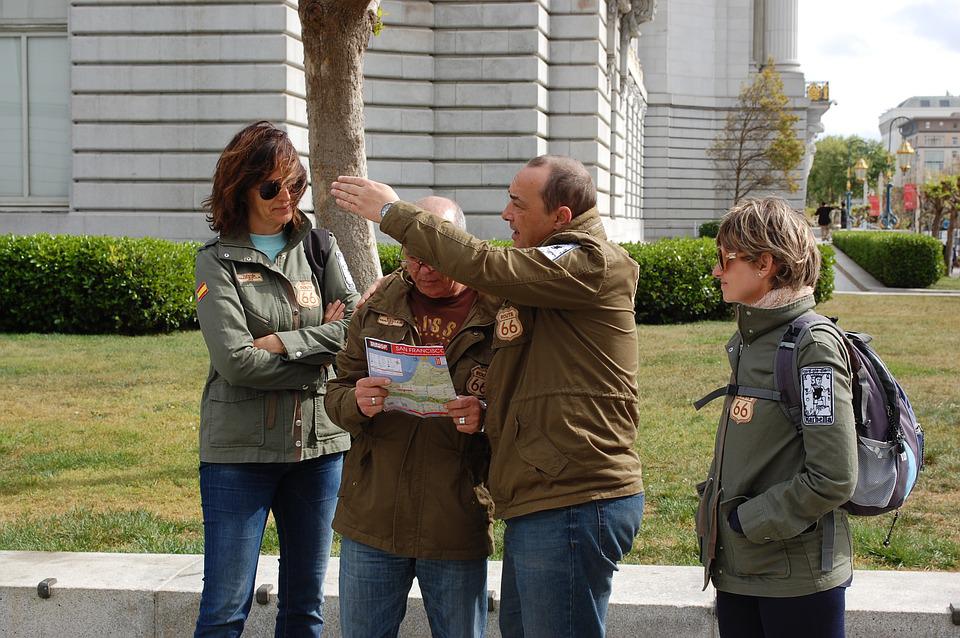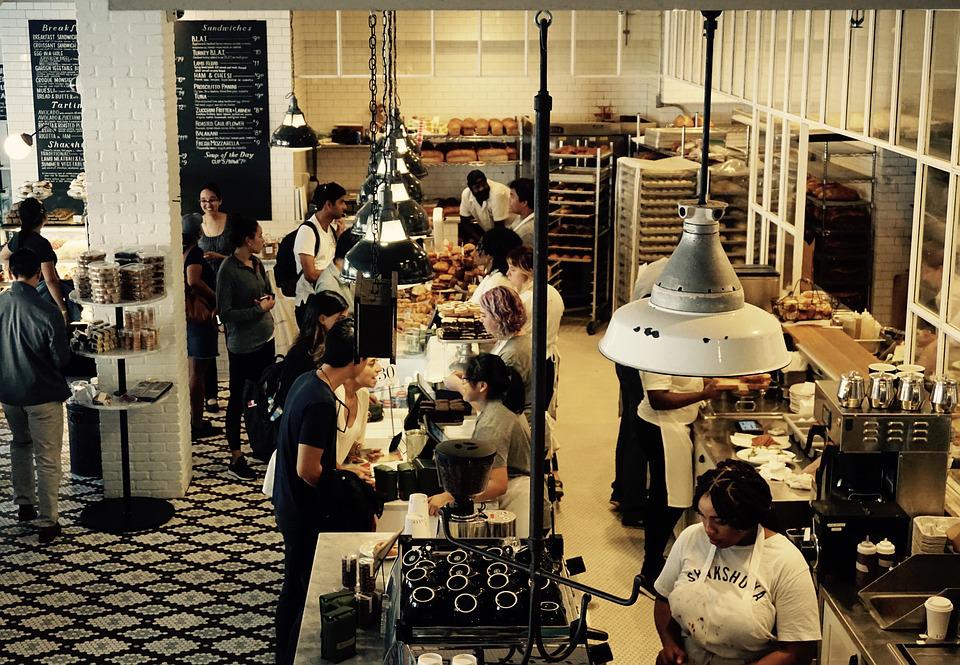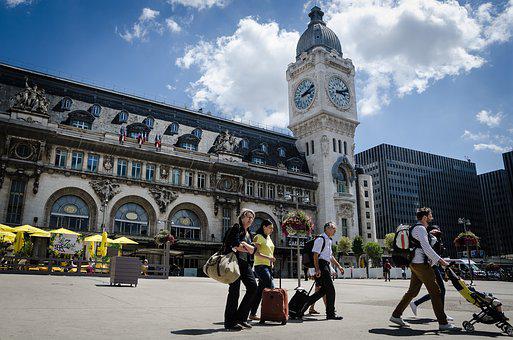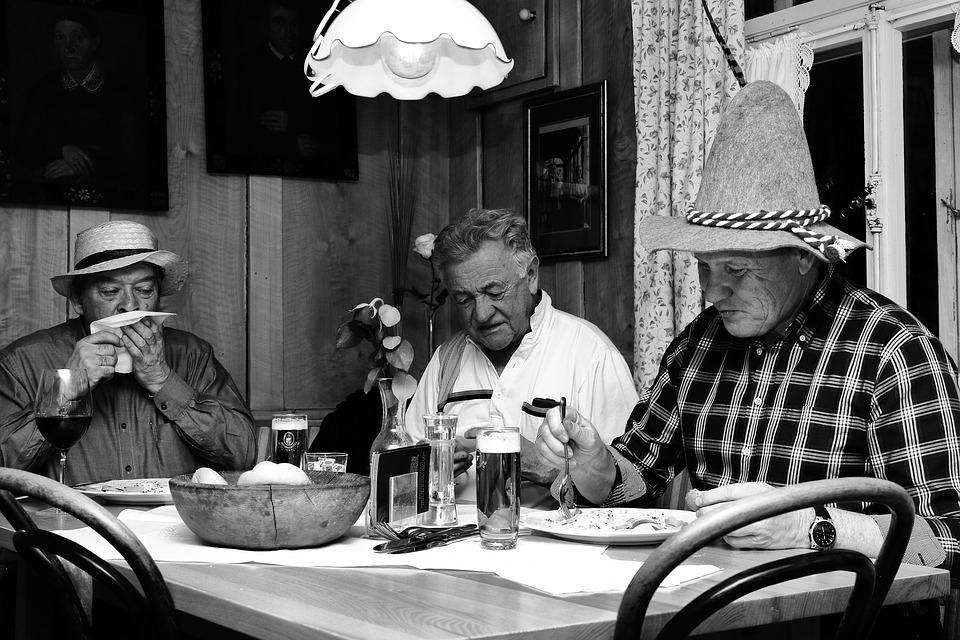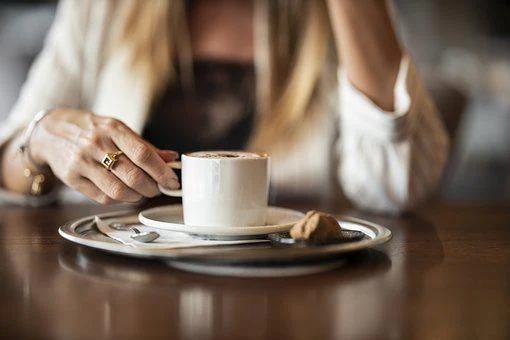Are Parisians impolite? This topic rears its ugly head frequently here. Is it rudeness, or something else, such as cultural differences in social behavior combined with language difficulty? What are your thoughts?
Rudeness is, unfortunately, a universal human trait. But don’t forget that there are wonderful people in Paris as well. People who go out of their way to assist visitors even if they have nothing to gain and are not employed in the hospitality industry.
Here’s some friendly advice on how to deal with ‘rude’ Parisians:
1. Always try to speak French first. Although most Parisians speak or understand English, speaking their language first is a sign of respect. Even (or especially) with my father’s accent, a simple “bonjour” will melt any Parisian. And speak softly. French is a watery language that blends in with its surroundings, whereas English voices stand out. Keep it down to avoid death stares.
2. Always apologize if you interrupt someone, even if you believe you are perfectly justified in doing so. You are still the rude one for interrupting because the shopkeeper is on the phone with her boyfriend about the movie they saw last night while you are trying to pay for your flu medication. Even if you are not interrupting, it is preferable to be humble when requesting something. It’s never a bad idea to follow your Bonjour, Monsieur/Madame/Mademoiselle with a Je suis désolé(e), mais… (“I’m sorry, but…”).
3. Parisians kiss twice. Instead of connecting your lips to your cheeks, look out and up until your cheeks almost touch. When meeting new people at a gathering, repeat this ritual with each person, saying “bonjour” and your name only. In a room, you might have to kiss a lot of people. Do this with zeal, even if it makes you feel like a robot. And be yourself, but remember that fake tans, over-styled hair, and too much makeup turn you into a cagole (a Cote d’Azur floozy) and are looked down upon by Parisians. A flanny or tracksuit will make you invisible to women.
4. When leaving a store or restaurant, say Au revoir and perhaps a Bonne Journée (“Have a nice day”). It is their responsibility to thank you if you have purchased something. It is your responsibility to say Merci, Monsieur/Madame/Mademoiselle, if you have not spent any money there. But, as a general rule, I prefer to be cautious and always say Merci, Monsieur/Madame/Mademoiselle. As I leave the premises, I say goodbye and good day.
5. When queuing, hold your ground. “Ooh, I didn’t see you!” became a fun game for Parisians somewhere along the way, and they play it especially with tourists, cutting in whenever they get the chance. Being aware will earn you their respect. Don’t let things irritate you – rudeness, waiting, poor service, nearly being run over. All are intended to put your character to the test, and if you fail, you lose. She who smiles the longest wins.
6. If you want to fit in, dress appropriately for restaurants or even walking down the hallway of your hotel or apartment building. Shorts, baseball caps, and running sneakers are all considered inappropriate. White socks are an unmistakable indication that you are an American (as well as a faux pas for most Parisians). With a good top, jeans are almost always acceptable.
7. The French eat almost everything with a fork and knife. I still haven’t mastered European silverware etiquette (fork “upside-down” in the left hand, knife in the right), but it gets me some confused and/or disgusted looks every now and then, especially when my knife inevitably slides off my plate and crashes to the floor when I put it down to switch my fork to my right hand to take a bite.
8. Keep in mind that bars and restaurants must provide free tap water upon request (une carafe d’eau = a jug of tap water / un verre d’eau = a glass of water). So don’t be intimidated into buying bottled water. Often if you just ask for water, the response will be “plat ou gaseuse?” (“flat or sparkling?”), which always means you will be charged. So insist on the carafe or verre, but don’t expect the water (or bread, or anything else that is free) to arrive as quickly or without several reminders as the paid items.
9. I’m concerned that you’re becoming scared. Relax, you do not need to tiptoe around. But, as a final thought, keep the following in mind: taboo topics. You should never inquire about a person’s political allegiance or plans for the next election in France. (even when everyone is talking about the upcoming elections). Also, be cautious if you find yourself in a discussion about wars, such as World War II, Algeria, or Vietnam. These are not off-limits topics, but be cautious when discussing France’s involvement. I believe it is impolite to inquire about someone’s salary in any culture, but it is especially impolite in France. Some French consider it impolite to inquire, “What do you do?” Others consider asking where a new acquaintance spends 35 hours per week to be a perfectly innocent and logical question. If you do ask, make it clear that you are not attempting to assess your new friend’s financial situation. Finally, it may be considered impolite to inquire about someone’s marital status. If the person wishes to discuss it, he or she will. No need to ask.
10. Never order a café au lait after lunchtime. This seems strange to Parisians, who believe that the art of digestion is a widely followed doctrine. Don’t just order a café au lait. Designed for tourists. In the morning, order a café crème or simply un crème, and in the afternoon, a noisette (short macchiato), allongée (long black), or expresso – yes, they say expresso (go with it). Then sit down and drink or eat your coffee. Take-out has yet to take off in Paris. Eating on the train or while walking is frowned upon, and “bon appétits” on the street are not meant to be complimentary.
11. Take a look around before you grab. In some stores (for example, the fruit vendor and many outdoor markets), the shopkeeper will select the products for you (at your direction). Before you begin filling your basket, observe what others are doing.
12. You should never put your feet up on anything. On a train or metro, I frequently see people putting their feet (shoes or not) up on the seat across from them. If you do this, you will almost certainly receive a death stare. It’s tempting at times, but resist.
While it is widely assumed that Parisians are particularly rude to tourists, I have discovered that this is not the case for the vast majority. However, I believe that a large part of this perception stems from my lack of fluency in the French language. I believe that if I were more comfortable making small talk in French, I would be treated with more respect and provided with better service. While we may find it inconvenient to speak French, Parisians must adjust to living in a city with nearly as many visitors as natives. Consider their daily annoyances.


